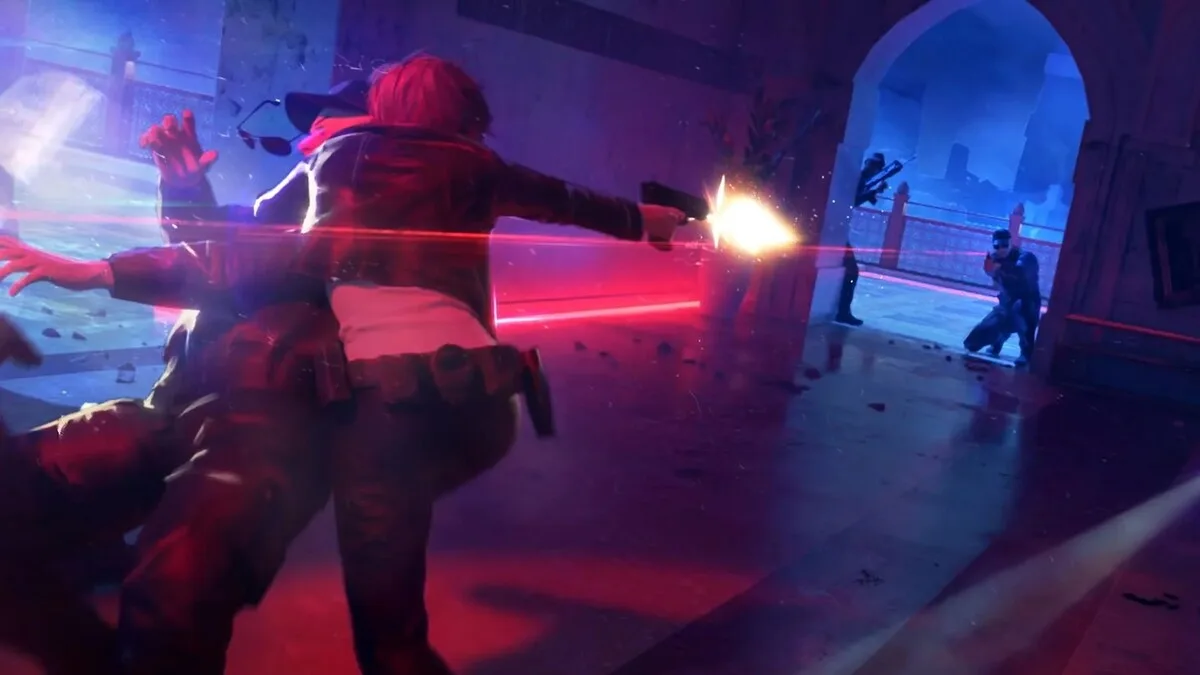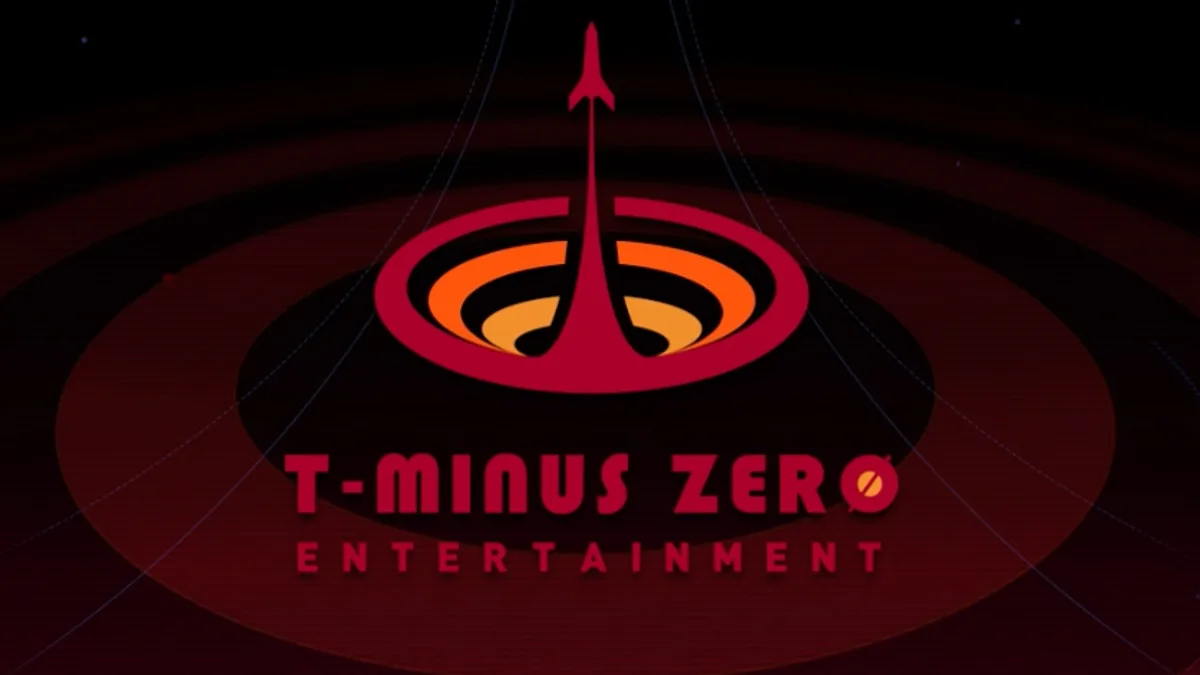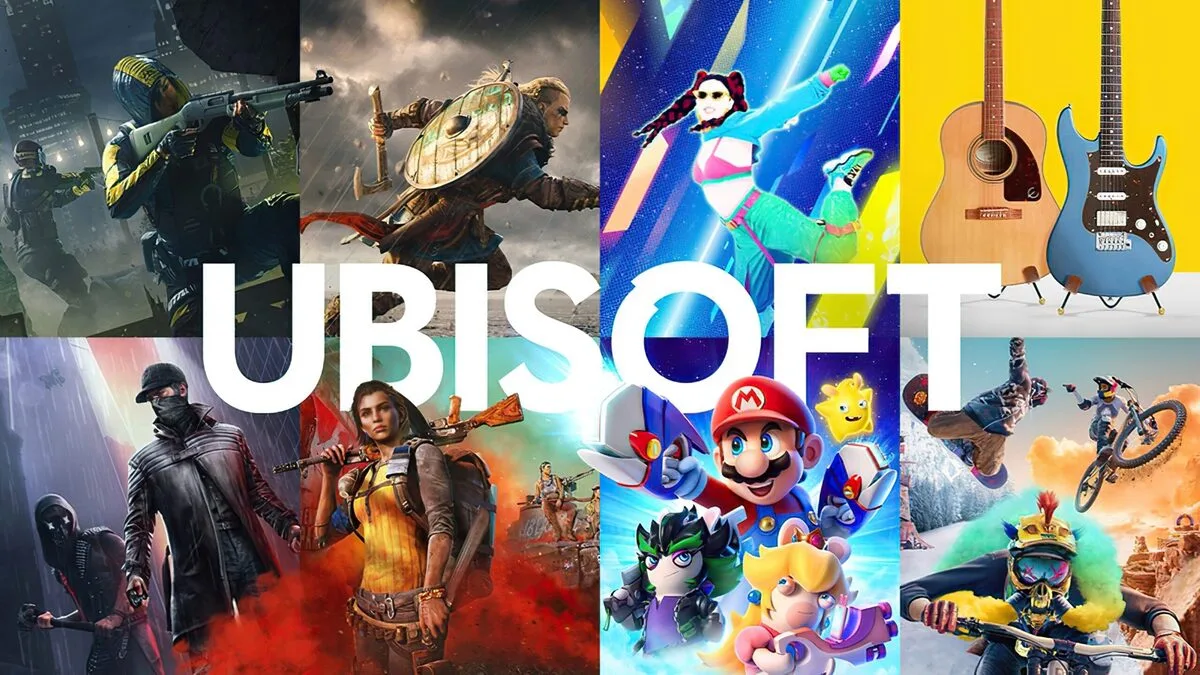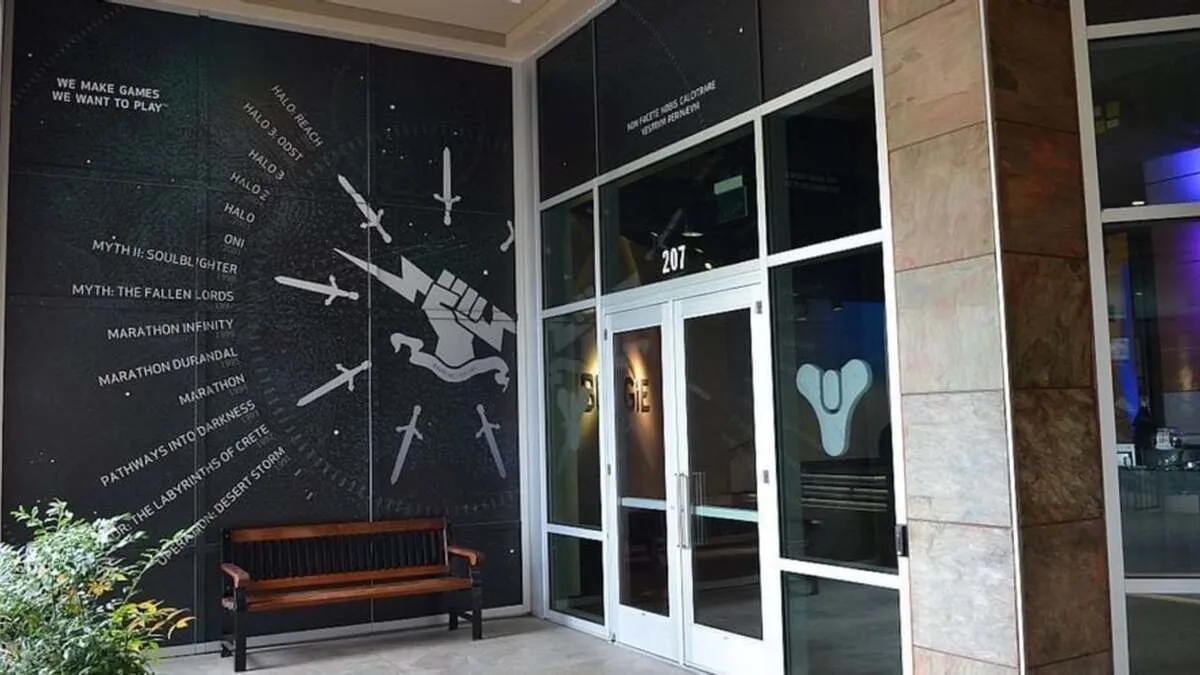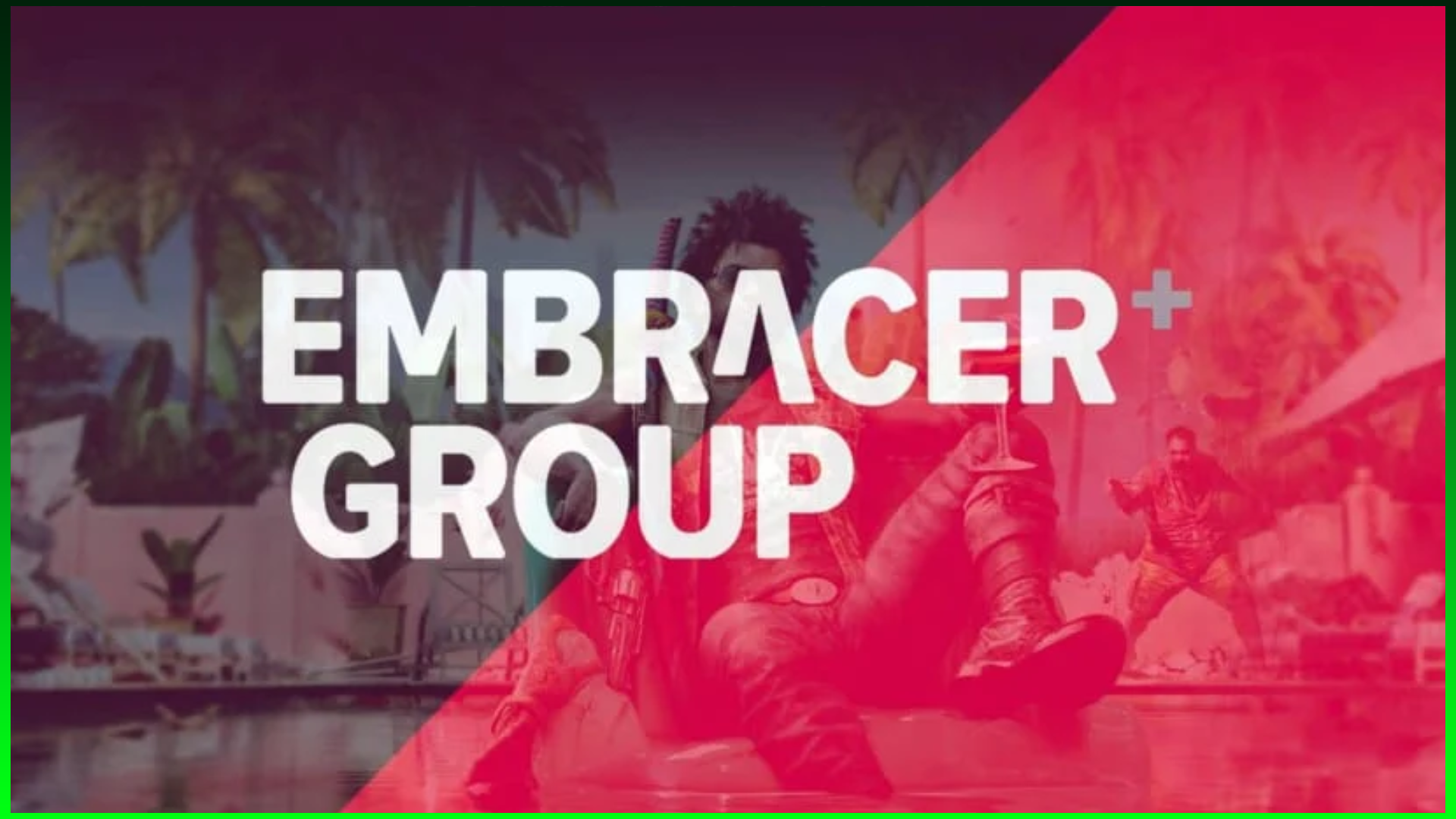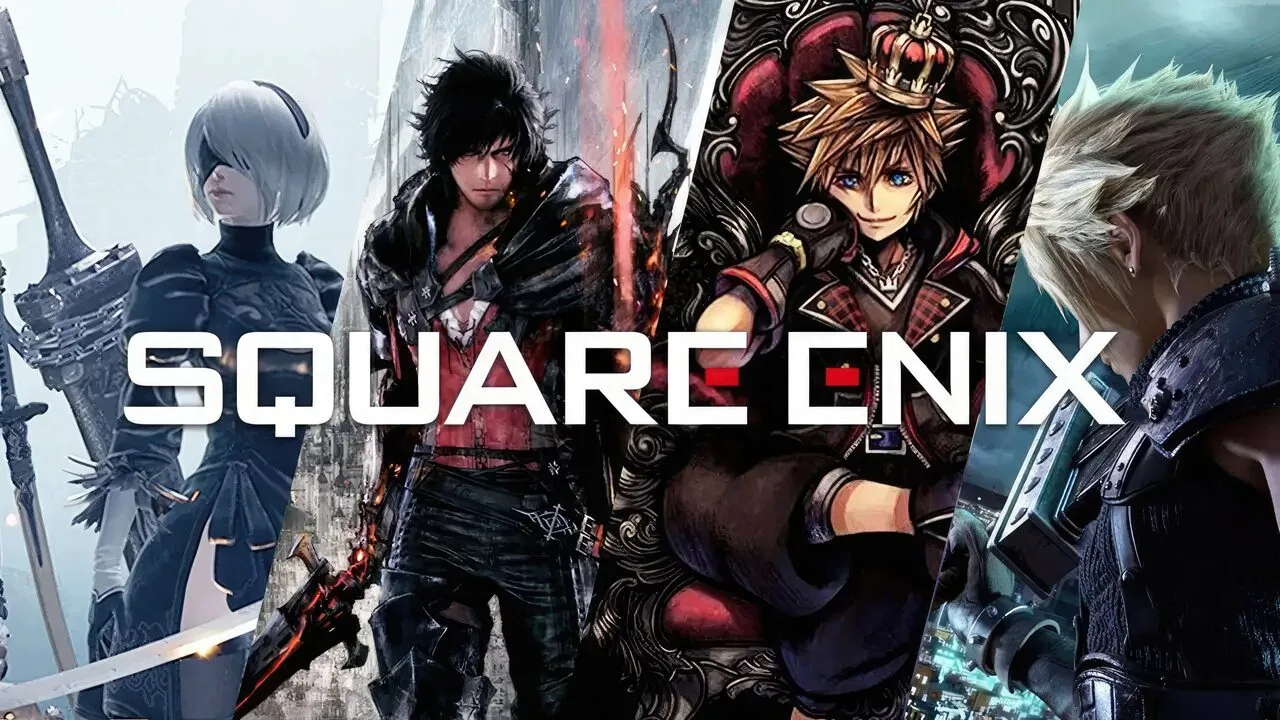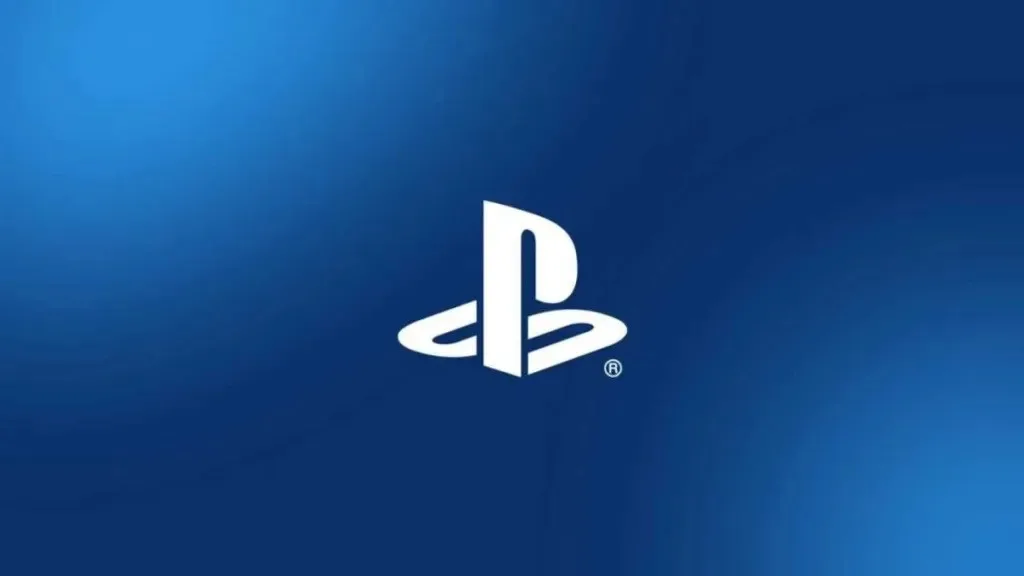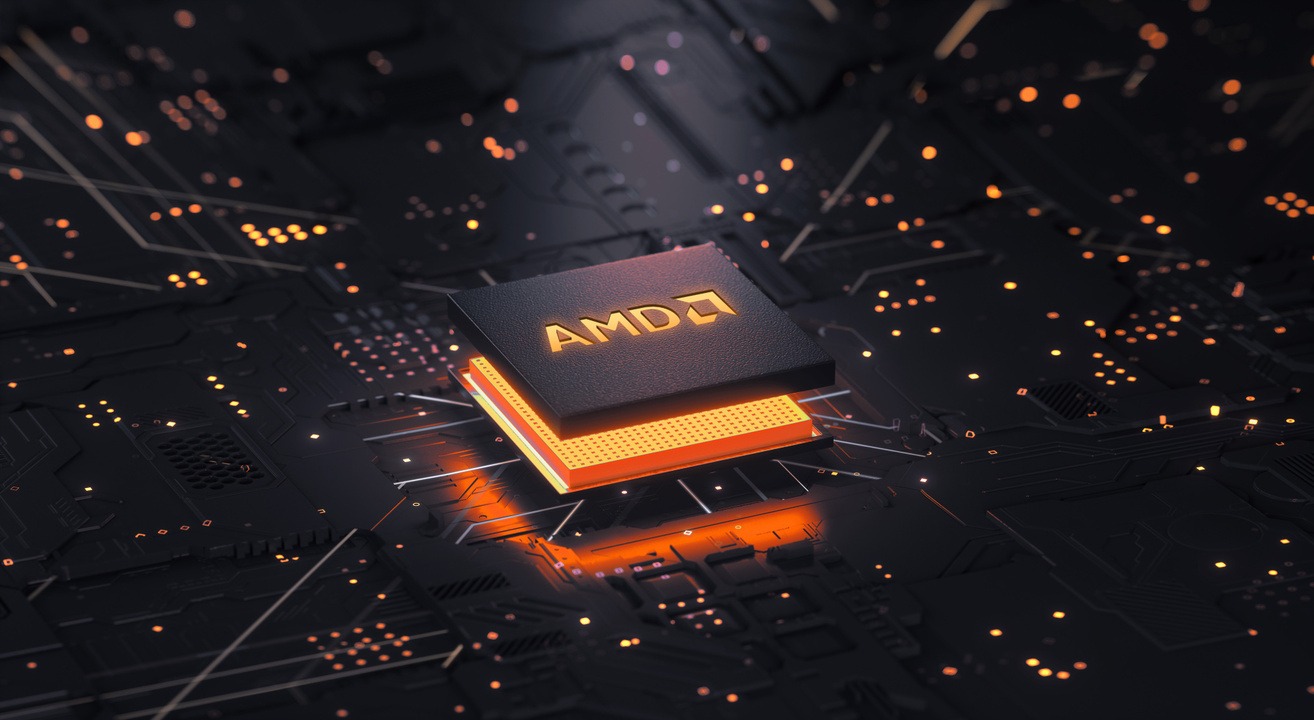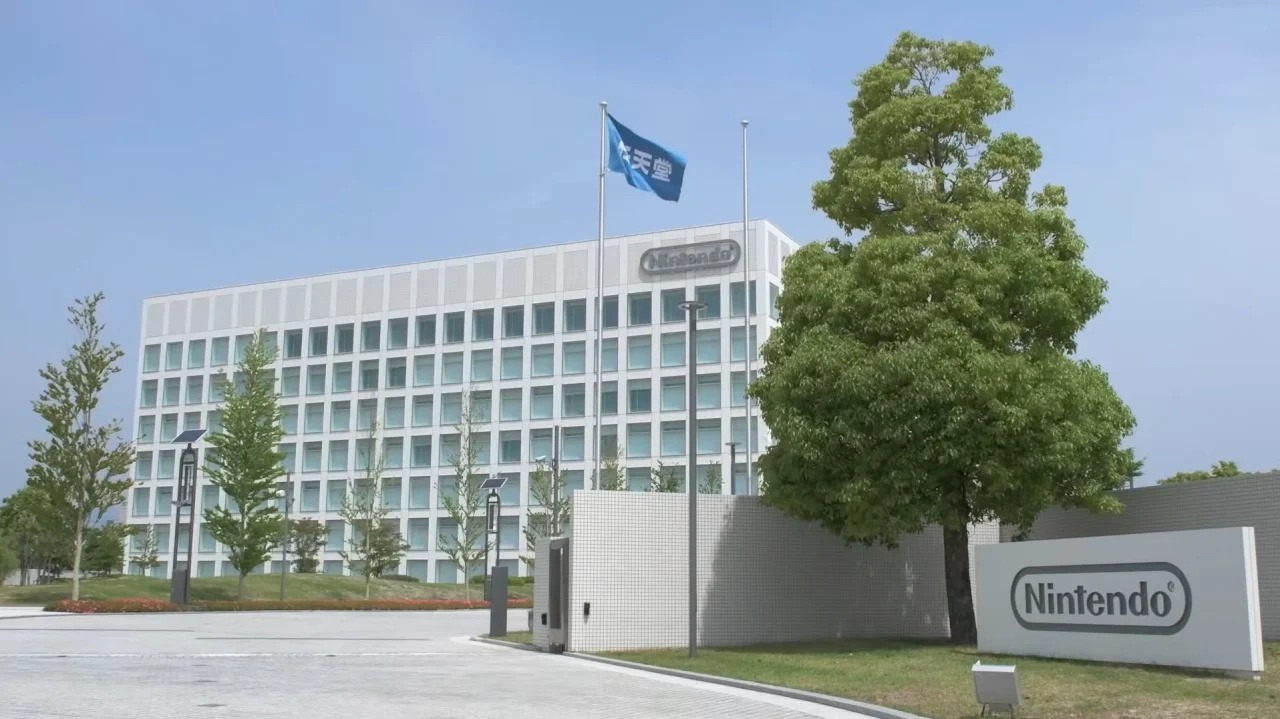
Yet another GG for Nintendo in the least scenario for many gamers
Nintendo has once again flexed its legal muscle, securing a $2 million settlement from Ryan Daly, the owner of Modded Hardware, who was accused of selling modified Nintendo Switch consoles preloaded with pirated games like… Yet another GG for Nintendo in the least scenario for many gamers
